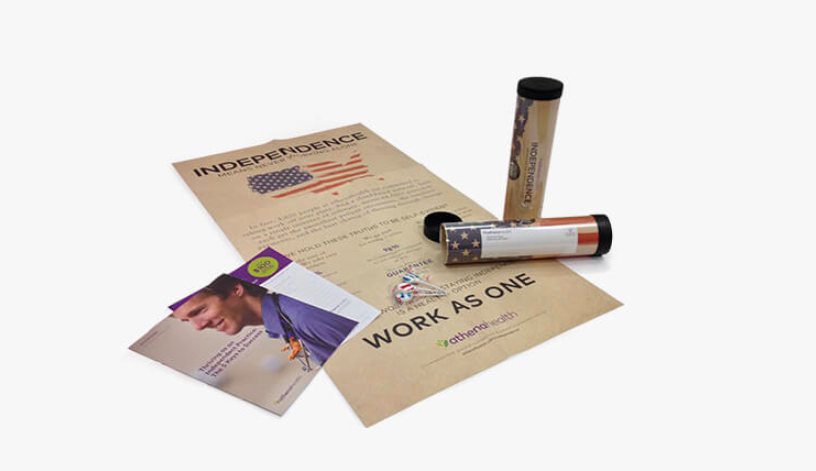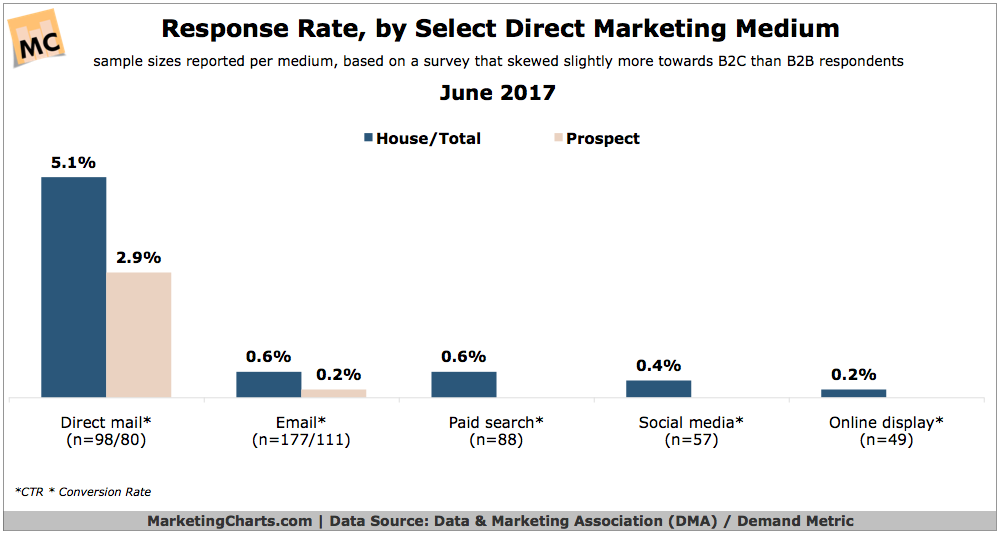You created a killer direct mail campaign, but it didn’t get the response you hoped for. Research shows direct mail campaigns have an open rate of 80–90% and have a higher response rate than email, social or online ads, according to SmallBizTrends. How come your campaign didn’t live up to these impressive statistics?
If your response rates are lower than expected, there could be several reasons. To help, we’ll explore some of the most common mistakes marketers make when sending direct mail. Reasons direct mail campaigns falter include:
Lack of personalization
Was your mailer personalized? There was a time not long ago when marketers sent generic messages to the masses. They assumed that a generic message would appeal to a large number of customers, which in turn would provide the best ROI. While that strategy may have worked in the past, it’s not effective in today’s information age.

Today, consumers only respond to relevant, personalized messages. As a result, companies must collect customer data to create the level of personalization now required by consumers.
While some marketers assume customers aren’t willing to share personal information, research shows otherwise. More than half of all consumers (58%) are willing to provide personal information to a trusted brand.
Customers are willing to do their part, but brands have to follow suit. Brands must utilize the data in a meaningful way. Doing so eliminates the need for bulk mailings and instead relies on smaller more personalized batches of mail.
To personalize your next mailer, consider using variable data printing. Using this technique, text, graphics and images can be changed without stopping or slowing the printing process. And, here’s the best part, customers respond to these kind of personalized messages.
Eighty-eight percent of marketers see measurable improvements due to personalization, with more than half reporting a lift greater than 10%.
Failure to solve a problem
Direct mail campaigns that push a product or are “too salesy” are often dismissed by customers. Today’s customers aren’t looking for a sales pitch, they’re looking for solutions.
What problem does your product solve? That’s what you should focus your direct mail campaign on. A company that sells windows, for example, could sell a solution to high energy bills. A pizza shop is selling a solution for time-strapped parents who need to make dinner in between hockey practice and chess club meetings.
Your next direct mail campaign should pitch a solution, not a product.
Boring format
Direct mail marketing is visual and tactile, which is why it’s known to make a lasting impression. It’s a competitive advantage over other marketing tactics.
However, the advantage is lost if your mailer has a lackluster format and a tired design.
The most common direct mail formats are an oversized envelope, a letter campaign inside a business envelope, and a postcard. There’s a reason these are popular—they’re effective.
However, sometimes it’s important to break away from the norm and try a creative direct mail format. Consider driving response rates up with dimensional mail. Dimensional mail can be a box, tube or an unusual shape that makes your mailer 3D, which is more enticing to open.
Shawmut customer athenahealth created a dimensional mailer that was tied to Independence Day. In an effort to show independent physicians how athenahealth could improve practices, the company sent a Constitution-looking letter inside a clear tube to potential clients.

Sending a dimensional piece of mail is a great way to change up your direct mail routine, and recipients love it.
Poor timing
Timing is important in every marketing campaign, especially direct mail. You need a timely reason to send a postcard or letter. For example, a campaign might coincide with a grand opening, special sale, product launch or have a seasonal purpose.
It takes time to create a direct mail campaign, which is often underestimated. Companies reach out to a print company for a quote, discuss ideas, gather design elements, collaborate on the project – the entire process takes some time. Sometimes it results in late delivery dates. But, there’s a solution.
Marketers can use a web-to-print storefront. This online portal gives marketers the ability to create, edit and order print materials quickly and efficiently. With marketers in control of the entire process, it removes unnecessary delays.
Unrealistic expectations
Successful direct mail campaigns, like all marketing campaigns, require realistic expectations. As you review your campaign, consider average benchmarks in the industry. For example, research shows direct mail campaigns average a response rate of 5.1% when mailed to a house list. Email and paid search, which have the second and third highest response rate, still pale in comparison with a response rate of 0.06%.

Marketers can combine direct mail benchmarks with their own campaign data to set obtainable goals.
It’s also important to remember that it takes more than one mailer to see results. You send multiple emails to get customers’ attention and continually post messages on your social feeds to get noticed, right? The same principle applies to direct mail. To succeed, you should send regular mailings to customers to build a long-term relationship.
Not combining print and digital tactics
Direct mail can serve as a catalyst for website traffic. Your mailer might include a coupon code that’s redeemable online, a QR code that launches a specific website on a smartphone, or a pURL (personalized URL) that takes a customer to a customized landing page.
If you aren’t combining print and digital marketing, your mailer could easily be ignored. Consumers are never far from their smartphone, so asking them to visit a website is an expected and effective call to action.
Sure, you could send a coupon that’s redeemable in-store, but it’s a dated concept. One of the many benefits of direct mail is its power to spark online traffic.
Wrap up
To keep your direct mail campaign out of the trash, you have to understand two things. First, you have to know what your customers respond to, and second, you have to know what you can do with direct mail. Old-school mailers are out. Personalized mailers that are well-designed, well-timed, and include a digital component won’t be ignored.
If you need help creating a direct mail campaign, Shawmut can help. Contact us today.










